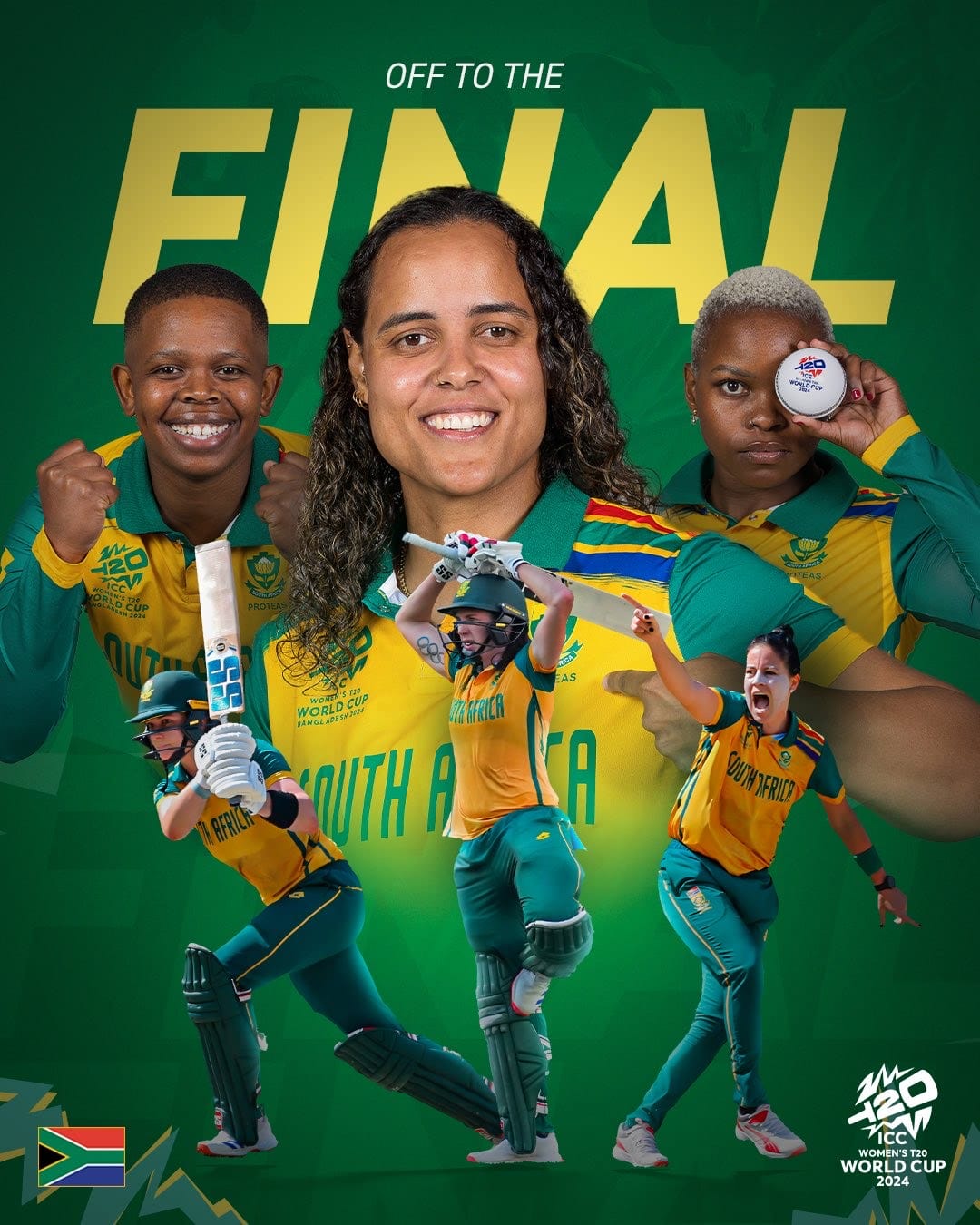Women’s Month in South Africa owes its existence to more than 20 000 women marching to the Union Buildings on 9 August 1956 in peaceful protest against pass laws. As this month draws to a close with barely celebration of women of the liberation movement here are three icons that I think we should know:

Winnie Madikizela-Mandela was the first black medical social worker after qualifying for Social Work at the Jan Hofmeyr School. Winnie is easily the most prominent of anti-apartheid stalwarts. I consider her a n entry point to so many ‘lost’ women of South Africa’s liberation archive. And even as she is the most prominent she remains quite the ‘enigma’ mainly because she is criminally under examined beyond her i decline from hero to villain in the aftermath of the murders of Stompie Seipei and the assassination of AZAPO activist Dr Abubaker Asvat. Historians have observed that much of the writing on Winnie Mandela’s life and times is often without her participation and without a serious look at what her politics may have been.
This is a challenge current historians will need to grapple with, writing a more detailed portrait of the icon who even four years after her death on 2 April 2018 remains a polarising figure. I had the privilege of interviewing Winnie and I am currently working on adding to the existing, growing literature on the figure. One of the most important things for my work is to highlight the ways black women like Winnie built community with each other during those years. The problem of biographical writing is its individualist approach and in the period such as apartheid, and organising against white supremacist regime, relying on people was an important part of survival and continuing the work. Winnie had a network of co-conspirators from fellow activists, to neighbors to colleagues.
I’ll follow Winnie up with Nohle Mohapi-Mbetshu thanks to Dr Mamphela Ramphele’s essay, ‘Political Widowhood in South Africa: The Embodiment of Ambiguity’. Here, Ramphele draws similarities and contrasts between the two women who were both mothers to two young daughters when they were politically widowed. The very stark difference between the two being, Nohle was also a literal widow. Her first husband, Mapetla Mohapi died in detention on 5 August 1976 and his death remains unaccounted for. I wrote about Nohle’s quest for justice on behalf of her husband, an important journey that even as it has not yielded any justice and closure for her family, there are some important documents that would otherwise not exist if it had not been for her refusal to accept the account of the apartheid state.
Before we get there, a little about Nohle. She hails from KwaRayi where attorney and ANC activist, Griffiths Mxenge is from. Mxenge would represent her during the inquest into her husband’s death and when she sued the Minister of Police for damages. She attended school at Forbes Grant, the girls’ school Mount Arthur and matriculated from Thembalabantu in Zwelitsha. All three schools have important historical significance to our history, with Forbes Grant and Thembalantu being among the hubs of political activity and Mount Arthur being one of the earliest mission schools in 19th century Eastern Cape. Education was at the heart of the so-called ‘civilising project’ of colonialism. And many of these schools from Lovedale, to Shawbury to Healdtown and Bensonvale became the institutions that shaped the early lives of liberation icons. Nohle qualified as a teacher but could never practice because of her association with Mapetla whom she married in 1973. She then worked with Steve Biko as his secretary. She was arrested on 18 August 1977, the same day as Biko and both activists were interrogated at the notorious Sanlam Building, in Port Elizabeth one of the headquarters of the Security Police in the Eastern Cape where many activists met their untimely end from Biko himself to a young activist called Lungile Tabalaza. Nohle was in solitary confinement for about 5 months and released in January 1978 before being re-arrested in February that year and detained in Grahamstown.
Nohle was the first to testify to the TRC when it opened on 15 April 1996 in the East London City Hall. In order to get a sense of why Nohle is so important to the story of Mapetla, and why so many black women’s roles can never be understated in the ways they keep memory alive, I provide the following anecdote: in my research I contacted the Magistrate Court in King William’s Town (eQonce) where the inquest into Mapetla’s death was heard 45 years ago in 1977 in search of court documents that may be useful. I was told no such documents are kept beyond 10 years. But Nohle did not stop with the inquest. She took her cause further in the High Court in Grahamstown (now Makhanda). High court judgments are recorded in Law reports. So we at least have some kind of paper trail that could never be erased. Nohle like many other women we may or may not yet know, in refusing to accept the judgment of a lower court ensured archiving of an event whose truth was concealed. Looking back we are able to see the ways in which the courts colluded with the police in heinous crimes against humanity. Nohle has gone on to continue the work of the Black Community Programs. She has served as a ward councillor. She continues to tell her story, a story and quest for justice that her daughters have taken on.

Copyright: Drum Social Histories / Baileys African History Archive / Africa Media Online
Dolly Rathebe, born Josephine Malatsi, was Africa’s first superstar and all round it-girl. She was the first black actress and starred in the film Jim Comes to Joburg or African Jim which premiered in 1949, a year into Apartheid. That same year, a magazine targeting black audiences, Zonk! African People’s Pictoral was founded. Dolly Rathebe would go on to inspire a generation of singers, cover girls and actresses including the likes of Miriam Makeba and Dorothy Masuka. The success of Jim Comes to Joburg led to more films thus launching the careers of Ribbon Dlamini and Mabel Magada. She holds so much importance in South Africa’s popular culture history and deserves so much more celebration because she represents the part of Black South Africa that still lived their lives even in the eye of the brutal storm that was apartheid. There was still music and art and poetry and it was a powerful source of preservation and resistance.
She is often erased from her place as the foremost superstar because she did not get to live and work in exile and so was not known to an international audience as much as Makeba who used her music to win support and solidarity for black people in the country. By the time Makeba was in exile, Sophiatown, the political and cultural hub of the 1950s and first and foremost the home of many black people was destroyed. Rathebe struggled to work, starring in one film in the 1980s titled Mapantsula and would only finally release an album with Elite Swingers in 1992, 34 years after the band was formed and in the middle of South Africa’s transition to democracy.
I could go on about so many others. We have an important task of undoing much of the erasure of women and queer activists who played their part in defeating the National Party. While apartheid as we know it is gone, much of its aftereffects remain. There are of course the challenges that emerged with the new dispensation that have led to women living in an increasingly dangerous society in which post-apartheid atrocities are growing. And here I think of Footballer Eudy Simelane who should have celebrated her 45th birthday this year on 11 March. Instead she was brutally murdered in a hate crime for simply being lesbian. I think of Babita Doekeran who was murdered for her ethics and work to unravel corruption in the Health Department, specifically the Thembisa Hospital at the height of the covid-19 pandemic.
As this month marks the 10th anniversary of Marikana in which mineworkers were gunned down in a state sanctioned massacre eerily similar to the kind of violence seen during the apartheid years, we ought to also remember the women (led by Thumeka Magwangqana and Primrose Sonti) who mobilized in solidarity with grief stricken families and formed Sikhala Sonke. I think of Pauline Masuhlo, a ward councillor who died ten years ago at the hands of police who shot at peacefully protesting women. Our road to getting to the aspirations around which the Women’s Charter was formed, the aspirations for which the likes of Victoria Mxenge laid down their lives remains long.

Zikhona Valela is an author and historian. She recently published her first book Now You Know How Mapetla Died: The story of a Black Consciousness Martyr with Tafelberg Publishers.
NB: We do not own the rights to these images.






mental health long island
… [Trackback]
[…] Find More Info here to that Topic: nounouche.online/women-liberation-icons-we-should-all-know-about/ […]